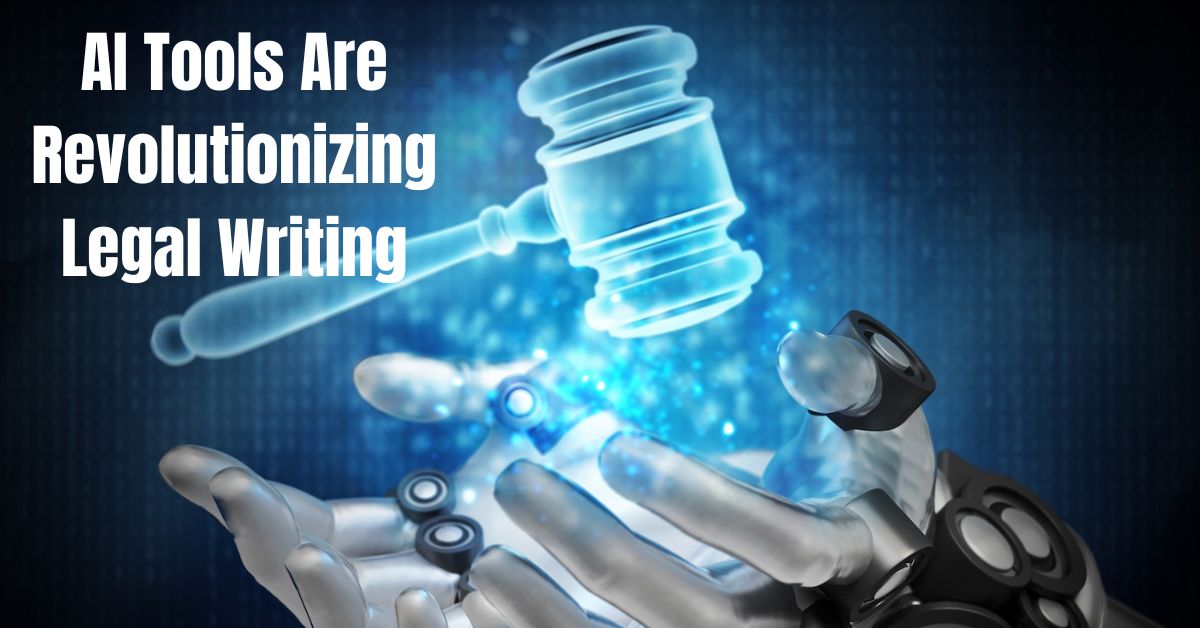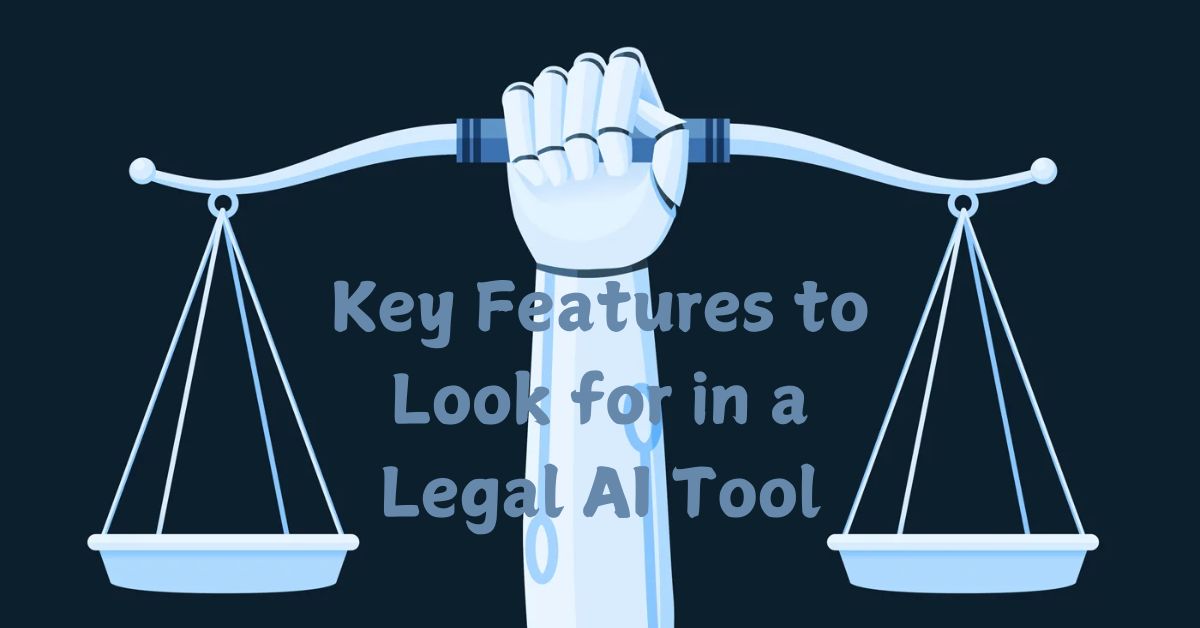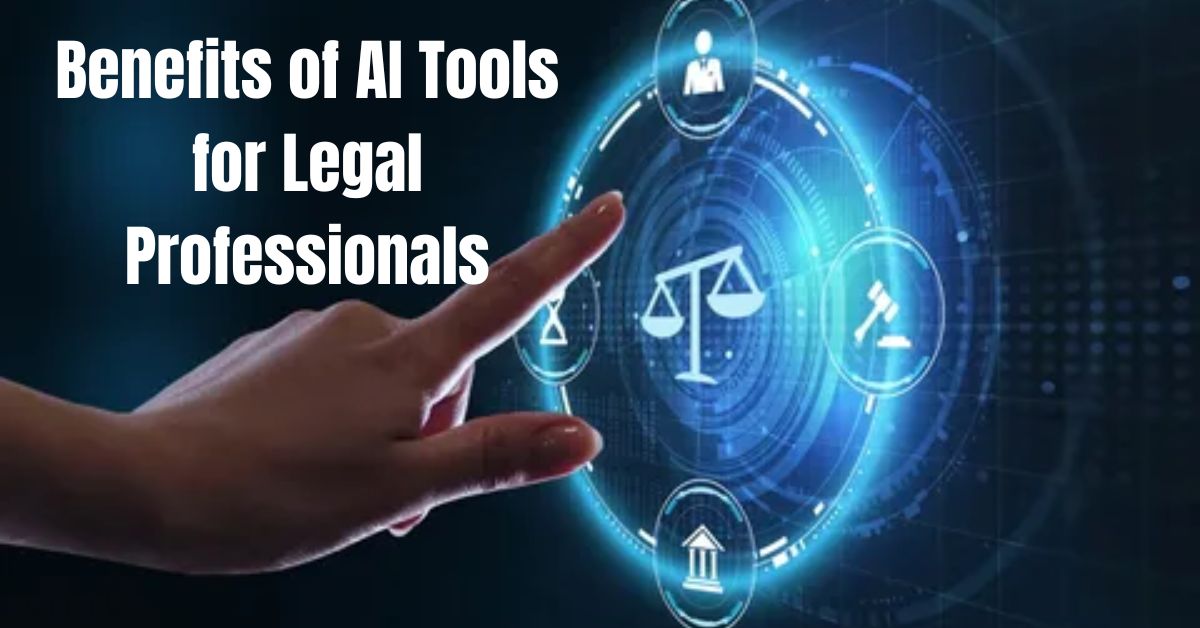The felony career has developed dramatically in trendy years, with the era stepping in to streamline and beautify the artwork traditionally dealt with through criminal specialists and paralegals. One of the most thrilling innovations is the emergence of AI gear for writing prison documents. These tools help lessen the time, decrease human mistakes, and make complicated prison writing more reachable. But with such a lot of options, how do you already know which tool is the most pleasant?
Let’s dive into the world of AI-powered criminal document drafting tools to discover the first-class match for your desires.
Why AI Tools Are Revolutionizing Legal Writing

The demand for precision, clarity, and consistency in legal documents is unparalleled. AI tools address these needs in several ways:
- Speed: AI significantly reduces the time it takes to draft lengthy contracts or agreements.
- Accuracy: By minimizing errors, these tools ensure compliance with legal standards.
- Cost-Effectiveness: AI reduces dependency on manual labor, saving money on legal fees.
- Accessibility: Even individuals with limited legal knowledge can generate quality documents.
Imagine you’re drafting a will. Instead of spending hours consulting a lawyer, an AI tool can guide you through the process step-by-step, ensuring every detail is covered.
Top AI Tools for Legal Document Drafting
Here’s a closer look at some of the most popular AI tools in this space, with their features and ideal use cases:
| Tool | Key Features | Best For |
| LawGeex | Reviews contracts with speed and accuracy. | Businesses managing large contracts. |
| LegalZoom | User-friendly, affordable legal templates. | Individuals and small businesses. |
| DoNotPay | Simplifies small claims and consumer rights. | Consumer-focused legal assistance. |
| Casetext Compose | Generates litigation-specific legal documents. | Attorneys need tailored briefs. |
| DocuSign Insight | Analyzes legal risks in contracts. | Companies in compliance-heavy industries. |
Key Features to Look for in a Legal AI Tool

The ideal AI tool depends on your specific requirements. Consider these factors before creating a preference:
- Ease of Use: The device must have an intuitive interface, specifically for non-attorneys.
- Customization Options: Templates must be flexible to suit unique legal needs.
- Compliance: Ensure the device aligns together with your jurisdiction’s felony standards.
- Integration: The ability to paint seamlessly with different software is a plus.
Pro Tip: Before subscribing to a device, search for trial alternatives. This will help you evaluate its compatibility with your needs.
How AI Ensures Compliance and Minimizes Risks
The legal world is full of complexities, and compliance is critical. AI tools shine here by:
- Automating Clause Review: Identifying outdated or non-compliant clauses in agreements.
- Providing Updates: Keeping documents aligned with the latest legal requirements.
- Flagging Risks: Highlighting ability issues that would cause disputes.
It’s like having a virtual legal assistant that works 24/7 without tiring.
The Benefits of AI Tools for Legal Professionals

The adoption of AI gear is remodeling legal practice in more than one approach:
- Efficiency Boost: Lawyers spend less time on repetitive obligations, that specialize in strategic work.
- Improved Collaboration: Teams can share and edit documents in real-time.
- Better Client Satisfaction: Faster turnaround times mean happier clients.
The prison profession is moving closer to a greater tech-savvy method, and AI is leading the fee.
Addressing Common Concerns About AI in Legal Work
Many Many humans wonder whether AI can completely update attorneys. While AI is robust, it’s a complement, not an alternative.
- AI Handles the Basics: Drafting, reviewing, and standard compliance.
- Lawyers Add Context: Expertise, negotiation, and understanding of complex nuances.
Think of AI as a tool in the lawyer’s toolbox, not the whole toolkit.
Key Takeaways
Here’s a short precis of the whole thing we’ve covered:
- AI tools store time, lessen mistakes, and cut expenses in prison document drafting.
- Top tools include LawGeex, LegalZoom, and Casetext Compose, each tailored to different needs.
- Focus on usability, compliance, and integration when choosing an AI tool.
- AI complements legal expertise but does not replace the human touch.
FAQs
Can AI tools replace lawyers completely?
The short answer is no. While AI handles repetitive tasks like drafting and compliance, human lawyers are still needed for interpretation, strategy, and negotiations.
Are these tools suitable for non-lawyers?
Yes, many AI tools like LegalZoom are designed simply, making them accessible to individuals with minimal legal knowledge.
How secure are AI tools for sensitive legal documents?
Reputable tools prioritize data security and comply with industry standards to protect your sensitive information. Always check a tool’s security certifications before use.
Do AI tools work for all legal jurisdictions?
Not always. Some tools are tailored for specific countries or regions. Ensure the tool you choose complies with the legal standards of your jurisdiction.
What’s the cost range for these tools?
Prices vary widely, from free versions like DoNotPay for basic needs to subscription-based tools like LawGeex, which can cost hundreds of dollars monthly for businesses.
Conclusion
The integration of AI in felony file drafting is a sport-changer, providing unrivaled efficiency, precision, and accessibility. Whether you’re a man or woman drafting a simple will or an organization managing complex contracts, there’s an AI device obtainable for you.
The destiny of prison paintings isn’t always about changing professionals however empowering them within the era to supply better outcomes. Start exploring AI tools nowadays and take your criminal work to the next stage.

